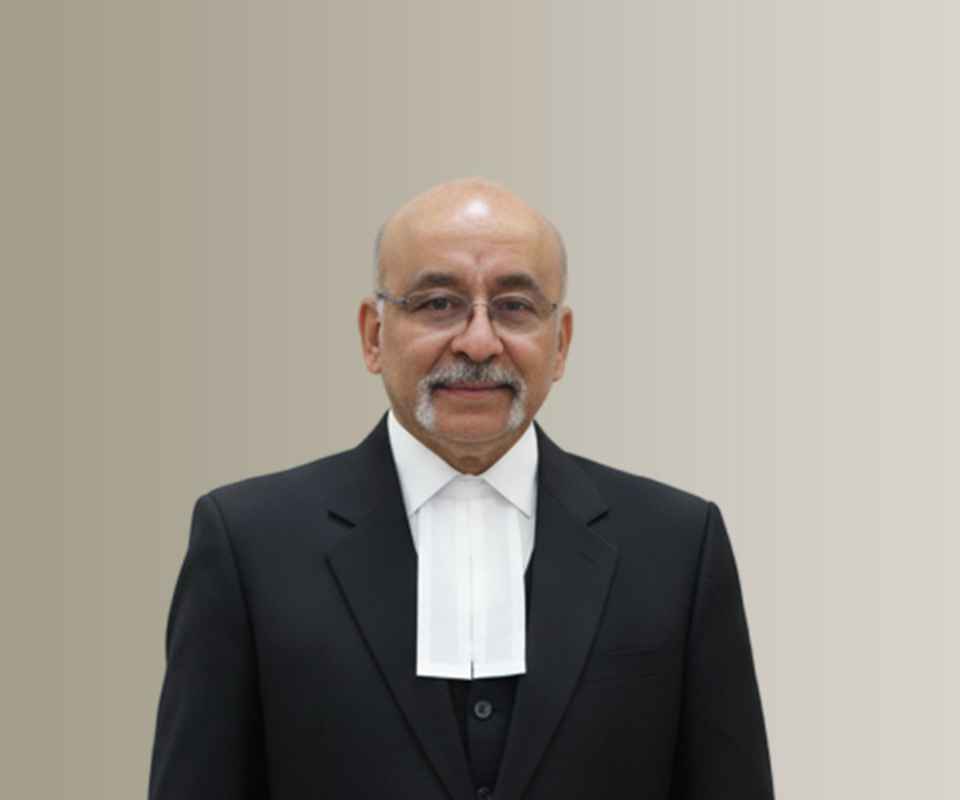Answer By law4u team
In India, while landlords do have rights to recover unpaid rent, disconnecting essential utilities like water or electricity is not a lawful or permissible remedy under the law. Such actions are generally considered illegal and a violation of the tenant's rights. Legal recourse exists for landlords to recover dues, but disconnecting utilities is not a legitimate method for rent recovery.
Can a Landlord Disconnect Utilities for Non-Payment of Rent?
Legality of Disconnecting Utilities:
No, a landlord cannot legally disconnect utilities like water, electricity, gas, or other essential services as a means of forcing the tenant to pay rent. Such actions are typically considered illegal, and landlords who attempt to disconnect utilities may be violating the tenant’s rights under Indian law.
The Indian Contract Act and Rent Control Acts safeguard the rights of tenants against illegal eviction and disruption of essential services. Disconnecting utilities can be construed as harassment and could expose the landlord to legal consequences.
Tenant Rights to Essential Services:
Under Indian law, tenants have a right to enjoy essential services like water, electricity, and gas during the tenancy. Disrupting these services would violate this right and may lead to legal repercussions for the landlord.
If utilities are disconnected by the landlord, the tenant may seek compensation and may even file a complaint with consumer protection authorities or file a civil suit for breach of contract.
Landlord's Legal Options for Rent Recovery:
Rather than disconnecting utilities, landlords must follow legal procedures to recover rent or evict tenants who fail to pay. The correct course of action includes issuing a demand notice, filing a civil suit for rent recovery, or seeking eviction through the Rent Control Act or civil court.
If the tenant refuses to vacate the property despite the expiration of the lease, landlords must proceed with the eviction process as per legal norms, rather than resorting to illegal methods like utility disconnection.
Legal Consequences for the Landlord:
If a landlord disconnects utilities without following proper legal procedure, they can face civil suits and may be required to pay damages for disruption of services. In some cases, tenants may seek court orders to restore the disconnected services and demand compensation for inconvenience caused.
The landlord could be penalized under the Indian Penal Code (IPC) for criminal intimidation or harassment, if such actions are deemed to be coercive or unlawful.
Eviction Process:
If a tenant is refusing to pay rent and is causing financial loss to the landlord, the landlord can file an eviction suit in the Rent Court or civil court. This process may take time, but it is the legal route to evicting the tenant, rather than taking matters into their own hands by disconnecting utilities.
Example:
A tenant in Mumbai has not paid rent for the past 3 months. The landlord, frustrated by non-payment, decides to disconnect the water and electricity supply to the apartment to force the tenant to pay. The tenant, in response, files a complaint with the consumer protection forum, arguing that the landlord’s actions were illegal. The court orders the landlord to restore the utilities and compensate the tenant for the inconvenience caused.
Conclusion:
Landlords in India are not permitted to disconnect utilities like water, electricity, or gas if a tenant refuses to pay rent. Such actions are considered illegal and can result in legal action against the landlord. Instead, landlords should pursue legal remedies such as issuing demand notices, filing a civil suit for rent recovery, or following the eviction process through the appropriate channels.







